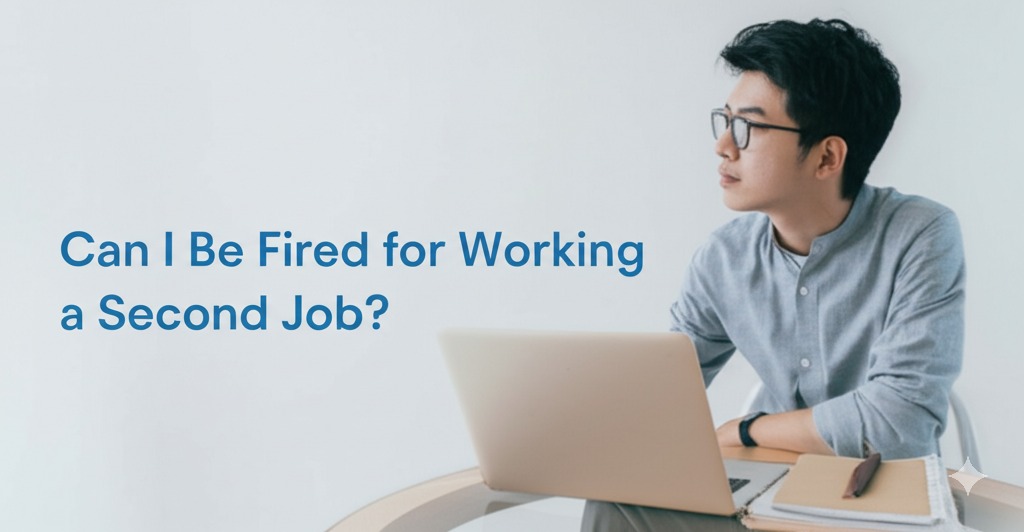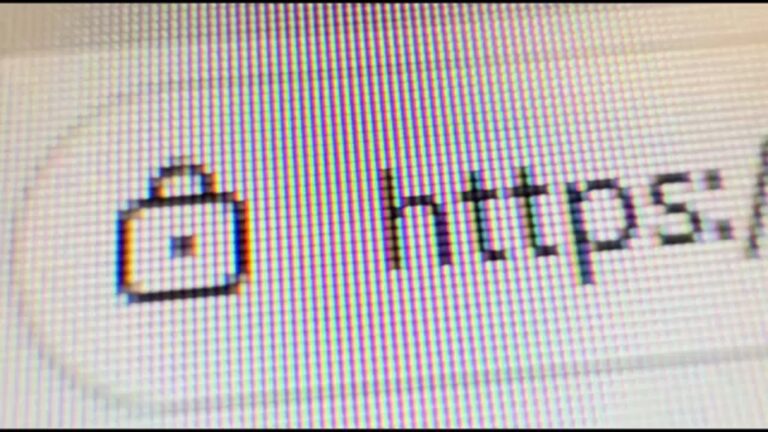
In today’s fast-paced world, many employees are considering taking on a second job to supplement their income, pursue a passion, or gain experience in a different field. However, with the growing demand for a work-life balance and economic pressures, you may be wondering, can I be fired for working a second job? This question is crucial for anyone who is juggling multiple roles or is contemplating adding a side gig to their schedule. In this article, we’ll dive into the legal and professional aspects of having a second job and explore when it could lead to job termination.
The Legality of Having a Second Job
Can You Legally Have a Second Job?
Before we delve into whether working a second job could lead to termination, it’s essential to understand the legalities involved. In most cases, there’s no law that prohibits employees from working multiple jobs. In fact, many people work part-time or freelance roles in addition to their full-time employment. However, while it may be legal, it’s still important to check your employment contract and company policies to ensure that no specific restrictions apply.
Employment Contract and Non-Compete Clauses
Many employees are subject to contracts that include non-compete clauses or confidentiality agreements. These clauses may restrict you from taking on a second job in the same industry or with a competitor. Violation of these terms could potentially lead to disciplinary action or even termination. Always review your employment agreement to see if there are any restrictions about outside work or working with competitors.
Employer Policies and Work Performance
Does Your Employer Have a Policy on Second Jobs?
While the law may not prevent you from working a second job, some employers may have policies that restrict outside employment. Company policies can vary, so it’s critical to check your employee handbook or ask HR if there are any rules about side gigs. Some employers view secondary employment as a conflict of interest, while others may have concerns about the impact on your primary job performance.
Potential Impact on Work Performance
If your second job starts to affect your primary job performance, your employer may have grounds to take disciplinary action, including termination. For example, tiredness, lack of focus, or diminished productivity can all be signs that your side gig is negatively impacting your main job. Attendance issues and missed deadlines could also raise concerns with your employer.
Employers expect their employees to perform well in their roles, and if your second job becomes an obstacle to that, they may decide that termination is necessary. It’s important to balance your responsibilities and ensure that your work at your primary job doesn’t suffer due to your side hustle.
When Could You Be Fired for a Second Job?
1. Breach of Company Policies
If your second job violates company policies or a non-compete agreement, you could be fired. For instance, if your employer has a policy against working for a competitor or taking up a second job that competes with the company’s interests, this could lead to termination.
2. Conflict of Interest
A conflict of interest arises when your second job compromises your loyalty or dedication to your primary employer. If your side gig involves working with competitors or clients that you manage at your full-time job, your employer may view it as an ethical violation.
3. Poor Job Performance
As mentioned earlier, if your side job negatively affects your performance at your main job, your employer may feel that you’re not meeting expectations. This can be grounds for termination, especially if you’ve received warnings or if the issues persist over time.
4. Unauthorized Absences or Time Theft
If you’re taking time off from your main job to work at your second job, or if you’re spending company time handling side gigs, you could be fired for time theft. Employers expect employees to give their full attention to their tasks during work hours. If you’re caught using company time for your second job, it could lead to job loss.
How to Avoid Potential Issues with a Second Job
1. Open Communication with Your Employer
The best way to avoid conflicts is to be transparent with your employer. Let them know that you are working a second job and make sure it doesn’t interfere with your performance. Many employers appreciate honesty and will be more understanding if there are no direct conflicts.
2. Review Your Employment Contract
Carefully go through your employment contract and any company policies to ensure that your second job doesn’t violate any rules. If you’re unsure, consider speaking with HR to get clarification on whether your side hustle could cause any issues.
3. Maintain a Healthy Work-Life Balance
Juggling two jobs can be challenging. Ensure that you’re managing your time effectively so that neither job suffers. Prioritize self-care and rest to avoid burnout, which can lead to poor performance in both roles.
Conclusion: Can You Be Fired for Working a Second Job?
The short answer is yes, you could be fired for working a second job, but it largely depends on the circumstances. Whether it’s due to policy violations, conflicts of interest, or poor job performance, it’s important to understand the potential risks involved when taking on additional work. To protect yourself, always check your employment contract, communicate openly with your employer, and manage your time wisely.
If you’re considering a second job, take the necessary steps to ensure it won’t jeopardize your primary employment. Being transparent and responsible can help you balance both roles without putting your main job at risk.

Andre Cuevas provides career insights, job search strategies, and professional advice to help individuals navigate the job market and achieve their career goals.






